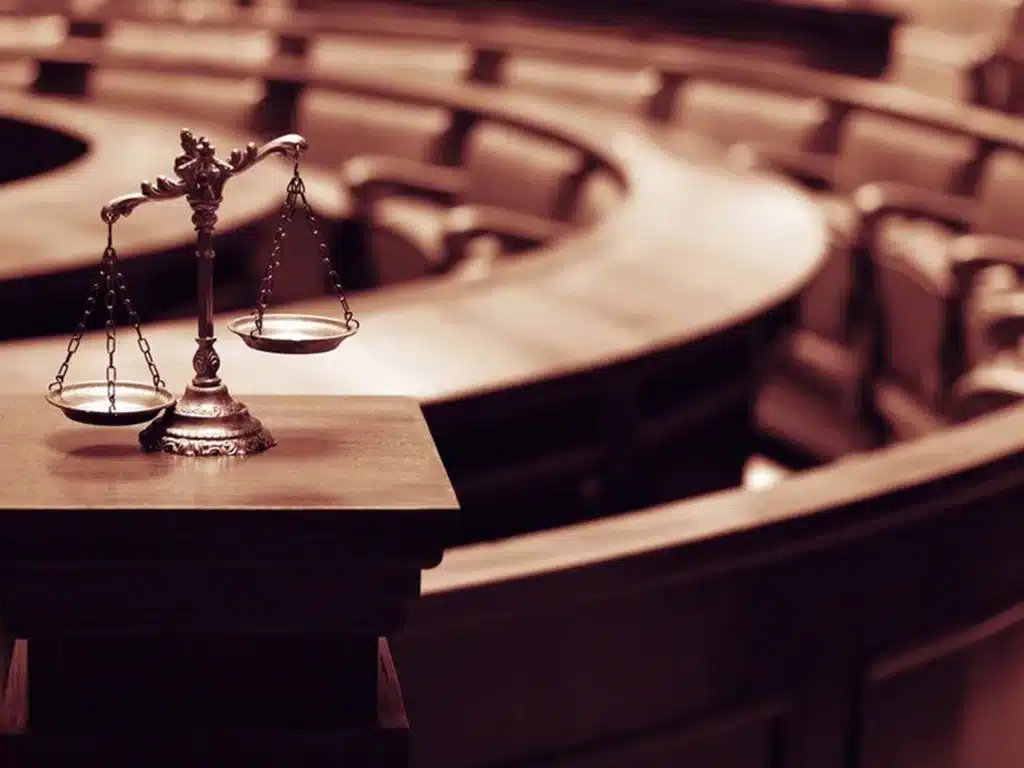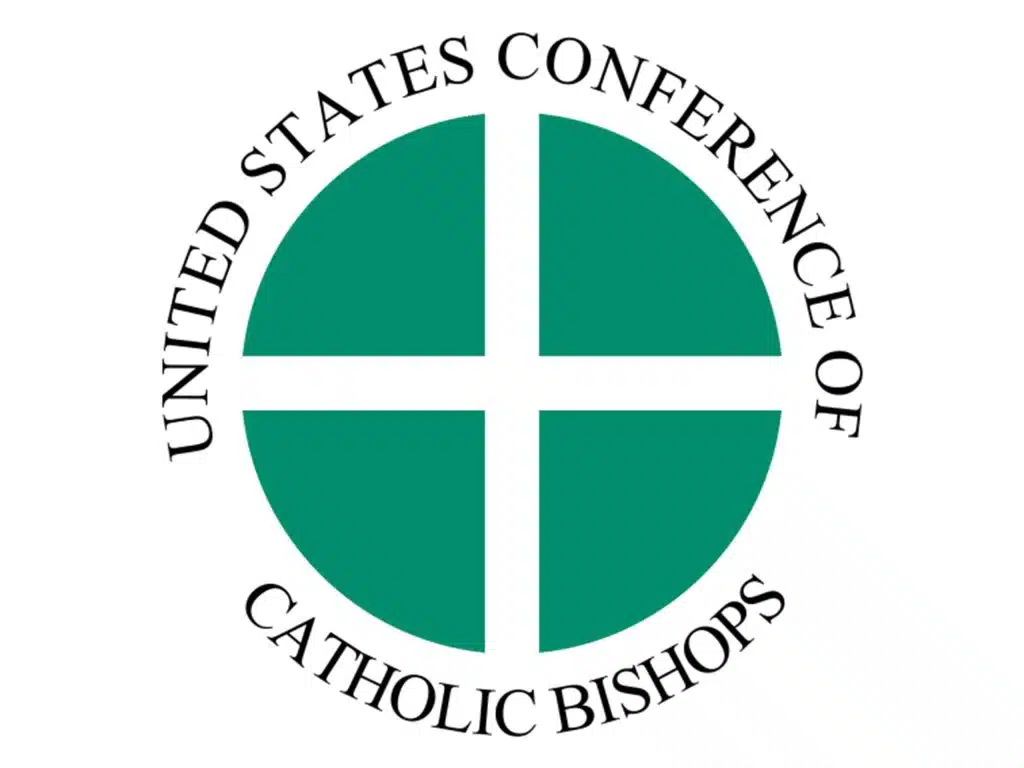WASHINGTON — The U.S. Department of Justice issued guidance Oct. 6 to all administrative agencies and executive departments regarding religious liberty protections in federal law.
“To the greatest extent practicable and permitted by law … religious observance and practice should be reasonably accommodated in all government activity, including employment, contracting and programming,” the Justice Department said in the 26-page memo to federal agencies.
“The depth and breadth of constitutional and statutory protections for religious observance and practice in America confirm the enduring importance of religious freedom to the United State,” the memo said. “They also provide clear guidance for all those charged with enforcing federal law: The free exercise of religion is not limited to a right to hold personal religious beliefs or even to worship in a sacred place. It encompasses all aspects of religious observance and practice.”
Department of Justice officials who spoke with reporters by phone Oct. 6 prior to the department’s release of its guidelines on religious liberty, stressed that the guidance memo does not “create or authorize new protections” but instead summarizes the law and “makes clear that religious liberty is not just a right to personal belief” but accompanies all parts of life.
The guidance offered in the document “describes rules but does not authorize anyone to discriminate,” an official added.
The memo was released the same day the Trump administration issued interim rules to expand the exemption to the federal contraceptive mandate for religious employers, such as the Little Sisters of the Poor, who object on moral grounds to covering contraceptive and abortion-inducing drugs and devices in their employee health insurance.
The guidance memo on religious freedom said that the U.S. Constitution’s protection of religious beliefs and the freedom to exercise such beliefs “have served this country well,” have made the United States “one of the most tolerant countries in the world, and have also helped make us the freest and most generous” nation, it said.
The document noted that in his executive order of May 4 — signed in a Rose Garden ceremony — President Donald Trump “promised that this administration would ‘lead by example on religious liberty,’ and he is delivering on that promise.”
The executive order directed the U.S. attorney general to “issue guidance interpreting religious liberty protections in federal law” in order “to guide all agencies in complying with relevant federal law.”
The memo, issued by Attorney General Jeff Sessions, identifies 20 “high-level principles,” as it terms it, “that administrative agencies and executive departments can put to practical use to ensure the religious freedoms of Americans are lawfully protected.”
The principles say, for example, that “religious employers are entitled to employ only persons whose beliefs and conduct are consistent with the employers’ religious precepts, and that “religious organizations are entitled to compete on equal footing for financial assistance used to support government programs.”
The document also says guidelines issued by President Bill Clinton on “religious exercise and religious expression in the federal workplace” must be followed. Those guidelines say, among other things, “that federal employees may keep religious materials on their private desks and read them during breaks … display religious messages on clothing or wear religious medallions; and invite others to attend worship services at their churches, except to the extent that such speech becomes excessive or harassing.”
“Agencies must pay keen attention, in everything they do, to the foregoing principles of religious liberty,” the memo said.
Sessions also issued a second memorandum to the Department of Justice, directing implementation of the religious liberty guidance within the department.
“Our freedom as citizens has always been inextricably linked with our religious freedom as a people. It has protected both the freedom to worship and the freedom not to believe,” the Justice Department guidance said. “Every American has a right to believe, worship, and exercise their faith. The protections for this right, enshrined in our Constitution and laws, serve to declare and protect this important part of our heritage.”
It added: “As President Trump said, ‘Faith is deeply embedded into the history of our country, the spirit of our founding and the soul of our nation. … (This administration) will not allow people of faith to be targeted, bullied or silenced anymore.'”
“Religious liberty is not merely a right to personal religious beliefs or even to worship in a sacred place,” Sessions wrote in his memorandum. “Except in the narrowest of circumstances, no one should be forced to choose between living out his or her faith and complying with the law.”
Carol Zimmermann contributed to this story.


